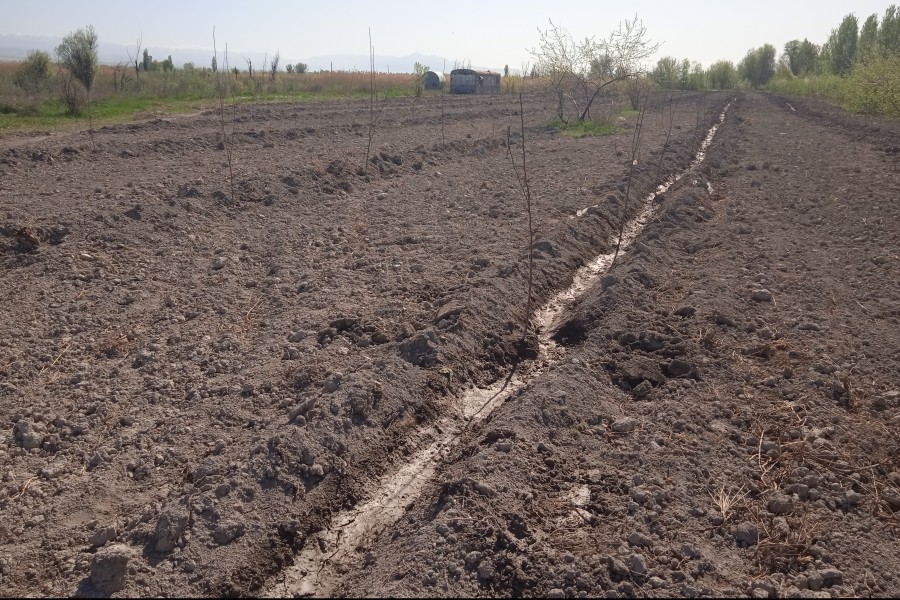
The developed and tested methodology for identifying areas for reforestation is a potential opportunity to replicate the project experience in Kyrgyzstan and Kazakhstan and fulfil the commitments of the international Bonn Challenge. This is a global effort to restore 150 million hectares of deforested and degraded land by 2020 and 350 million hectares by 2030.
The main objective of the project was to reforest the degraded lands and introduce these areas into the forest management plan. The vegetation in the project area of the forest hunting range, in the floodplain forests of the Chu River, is incomplete forest stands or open forests. This is due to the activities of the local population who graze livestock and fell trees without authorization, as well as due to the weather and climatic phenomena such as drought, extreme temperatures and shortage of irrigation water which leads to the degradation and death of plants. To improve forest sustainability and protection, the project carried out comprehensive work to improve soil fertility, select drought-resistant seedlings, control diseases and pests, and apply modern soil and water-conservation technologies.
Two plots of one hectare each in the Tokmok and Darkan forest divisions of the Chui leskhoz, which are leased by local residents, were selected for planting new saplings. Specialists conducted a preliminary analysis of historical cartographic materials in the territory of the selected plots, and clarified the boundaries in accordance with representatives of the leskhoz, Aiyl Aimak and Kyrgyzgiprozem, the State Design Institute for Land Management.
1300 fruit trees (650 seedlings on each plot) - apple, plum and apricot, characterized by high yield, resistance to diseases, early and late frosts were planted on the plots. They were selected from the state register of plant varieties and hybrids allowed for use in the territory of the Kyrgyz Republic.
A kick-off seminar on project implementation and a master class on establishment and care of plantations and gardens were held for the staff of Chui forest hunting range, Tokmok and Darkan forest divisions and tenants. More than 30 representatives of the leskhoz and tenants participated in the training.
The project provided technical support to tenants in the form of site fencing materials, purchase of fuel and lubricants, water tanks, seedlings, fertilizers and drip irrigation equipment.
A commission from among representatives of the Chui forest hunting range assessed the pilot plots, as a result of which the executive staff made a decision to include this area in the management plan according to the established rules specified in the relevant documents of the forestry enterprise.
The tenants also made their own observations on the viability of seedlings, their reaction to diseases and pests, as well as their yields. This firsthand information was recorded in a specially developed “Farmer's Diary”.